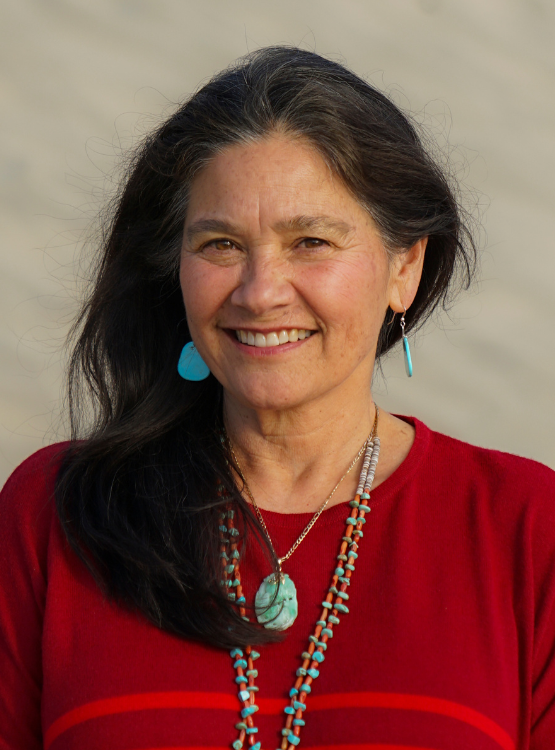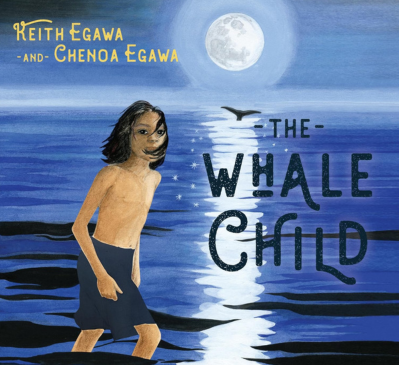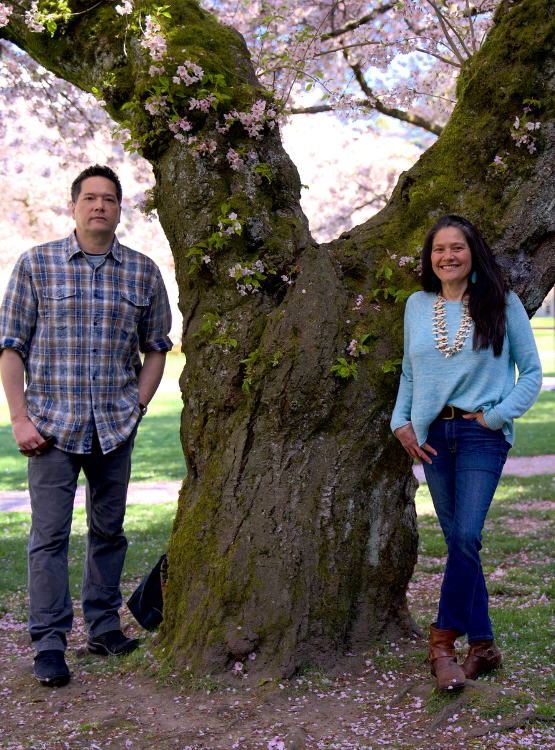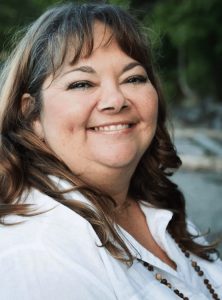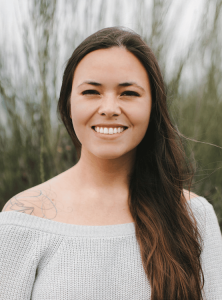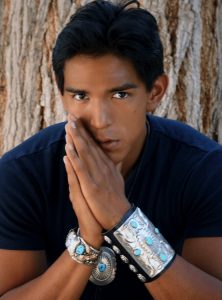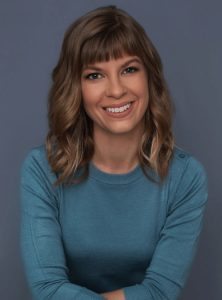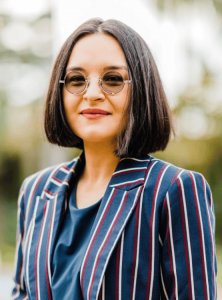Chenoa Egawa is Coast Salish of the Lummi and S’Klallam Nations of Washington State. She is a published author and illustrator of the children’s chapter book The Whale Child in partnership with her brother, Keith Egawa (2020). Prior to The Whale Child, Chenoa and Keith self-published their first illustrated children’s book, Tani’s Search for the Heart (2013).
In addition to her work as a writer and illustrator, Chenoa is a traditional medicine carrier, ceremonial leader, singer, public speaker, environmental activist, and photographer. She is also a Senior Level Healing Qigong Instructor and graduate of the Master Teacher program of the Ling Gui International Healing Qigong School, sharing Taoist wisdom and practices in online courses and at in-person retreats.
One of her principal teachings today is the importance of preserving and sharing the wisdom human beings of all cultures, languages and ways of life still hold that benefit the health, well being and protection of all life on our Mother Earth. In that regard, she serves as a voice to bring Indigenous wisdom and perspectives to the world at a time when these teachings are particularly poignant reminders of our shared responsibility to live with care and respect for ourselves, one another, and for our Earth.
Chenoa has long been active in local, and international work for Indigenous peoples, children and the environment. For over 20 years, she worked in Washington State schools and created programs that integrated Native American culture and history, often teaching through song and storytelling, empowering Native youth and bringing greater appreciation for cultural diversity to all children in the public school system. Over the past 25 years, she has traveled throughout North, Central and South America facilitating communication among Indigenous Peoples with the intent of protecting and preserving cultural heritage, languages and homelands. From 1997-1999 Chenoa was an Institute of Current World Affairs (ICWA) Fellow in Mexico and Guatemala, the first and only Native American woman to date to receive this award. In 1996, she was part of an international Native delegation that traveled to Chile to support Mapuche and Pehuenche Indigenous communities in their efforts to halt construction of large-scale dams on their homelands. In 1992 she traveled to the Earth Summit in Rio de Janeiro, Brazil where she served as a Lummi delegate, and an English, Spanish and Portuguese translator at meetings with tribes from the United States, Canada, Central and South America. In 1991, she worked as an intern at the United Nations Center for Human Rights in Geneva, Switzerland, serving as a member of the Secretariat during the 10th Session of the Working Group of Indigenous Peoples. Throughout her work she has served as a bridge in cross-cultural interactions, encouraging mutual respect and understanding among Native and non-Native communities, educators and environmental groups.
As a vocalist, Chenoa has released five CD’s – Sacred Fire (Sound of America Records), Road of Life, Heartbeat of Life, and Spirit of Salishan (Swan Clan Productions) and Songs of Strength and Beauty (Cool Runnings). Her experience as an actor includes performing in lead roles in the World Premiere of Ghosts of Celilo at Portland, Oregon’s Newmark Theatre in 2007 and 2011, where she also won the Portland Area Musical Theatre Award for “Best Original Score” with co-writer and producer, Marv Ross. From 2003-2009 Chenoa was Host for the Native news television program ‘Northwest Indian News.’ In 2010 she was Host for the television news program ‘Native Heartbeat.’ Both programs are still viewed across the Western United States, Canada, Hawaii, Alaska and New Zealand.
